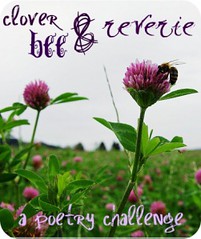
Every Friday throughout December, Anna and I have discussed the chapters we’ve read of Matterhorn.
Today’s discussion on War Through the Generations will be about the final Chapters 16-23!
If you’d like to join us, please do so. We’d love to hear your thoughts on the book. Even if you join us later on in the month, we won’t mind. We love book discussions.
Weigh in with your final thoughts on Matterhorn!
***Stay tuned for my final review of 2010 — Matterhorn.***
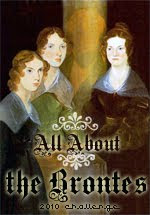
 My second failure is the Vampire Series Challenge. I read 4 books for this challenge, though most of them were in the Sookie Stackhouse Series. I did read the short novella from the Twilight series and the latest Christopher Moore book in his vampire series. I only missed completing this one by 2 books.
My second failure is the Vampire Series Challenge. I read 4 books for this challenge, though most of them were in the Sookie Stackhouse Series. I did read the short novella from the Twilight series and the latest Christopher Moore book in his vampire series. I only missed completing this one by 2 books.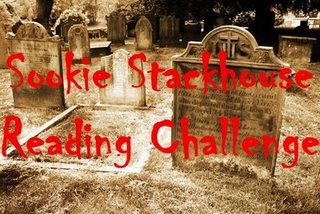


 This is my 10th book for the Everything Austen II Challenge.
This is my 10th book for the Everything Austen II Challenge.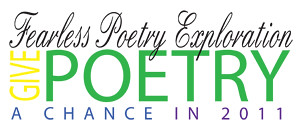
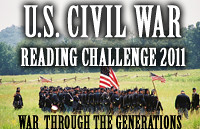
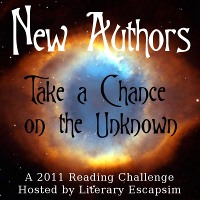


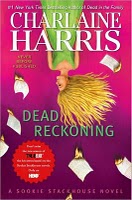

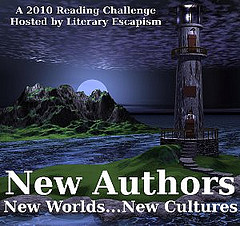


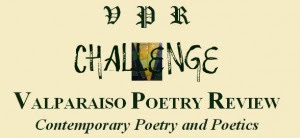
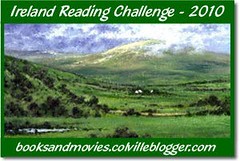 For the 2010 Ireland Reading Challenge I signed up at the Shamrock level to read 2 books. I surpassed that goal and read 3 books. Check out the reviews.
For the 2010 Ireland Reading Challenge I signed up at the Shamrock level to read 2 books. I surpassed that goal and read 3 books. Check out the reviews.
 For this challenge, I had to read just 12 thriller or suspense novels over the course of the year. No, I didn’t read all James Patterson. I promise. The breakdown of thriller/suspense novels including those in the paranormal and other categories helped me read more than I thought I would. I read 15 books for this challenge. Check out the
For this challenge, I had to read just 12 thriller or suspense novels over the course of the year. No, I didn’t read all James Patterson. I promise. The breakdown of thriller/suspense novels including those in the paranormal and other categories helped me read more than I thought I would. I read 15 books for this challenge. Check out the 

